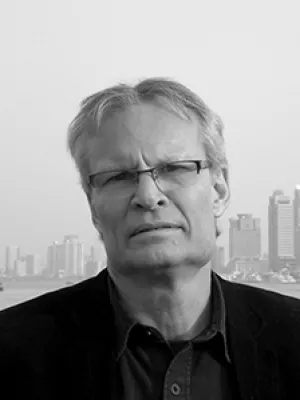
Kjell Nilsson
Senior lecturer

Policy, Interest and Power : Studies in Strategies of Research Utilization
Author
Summary, in English
Three overall purposes, or "utilization aims", could be distinguished as the main reasons for investing in social science research. The first is aimed at managing organizational and political conflicts and is directly oriented towards political use of research. A second utilization aim is directed towards governance and control. The third is to create and define an expertise, and aim increased knowledge within the organization and among staff through professionalization and training. Utilization of research may be conceived as a means for the control of the environment and the organizations' relations with it, just as it is a means to control the organization itself.
Research utilization strategies, and, accordingly, the ways social science is used, vary within as well as between the three policy sectors. Within the different sectors some organizations have developed utilization patterns that are aimed towards the environment, while some have concentrated on internal control and governance problems; and some have had to combine internal and external utilization strategies.
In the utilization studies we did not find any relation between the technical characteristics of the research reports and the degree of use. On the other hand, we found clear differences between the characteristics of research used instrumentally and research used for "enlightenment", or as a political tool. Different types of use are at the same time connected with different origins of research; research for instrumental use is most often initiated or produced by the users themselves, and research used for enlightenment by social scientists at the universities. The research that was used, and hence its characteristics, also varied between different utlization strategies. Strategies favouring enlightenment use and political use of research also favoured research originating from the scientific community, while strategies favouring instrumental use corresponded to a higher degree of utilization of locally produced and user initiated research. The organization of research in the area, therefore, is another factor that affect social science use in the different sectors.
The conclusion from the studies of research utilization in the three policy sectors is that it is neither technical obstacles in the communication process, nor in the research products that mainly determine research use. What determines if and how social science will be used is the interaction between the character of a policy sector, the knowledge strategies of policymakers, and the organization of research in the area.
Department/s
- School of Social Work
Publishing year
1992
Language
English
Publication/Series
Meddelanden från Socialhögskolan
Volume
1992
Issue
1
Full text
- Available as PDF - 10 MB
- Download statistics
Document type
Dissertation
Publisher
School of Social Work, Lund University
Topic
- Sociology (excluding Social Work, Social Psychology and Social Anthropology)
Keywords
- Expertise
- Knowledge
- Policy Sector
- Research Utilization
- Scientification
- Utilization Function
- Utilization Context
- Utilization Strategy
- sociology
- social work
Status
Published
Supervisor
- Sune Sunesson
ISBN/ISSN/Other
- ISSN: 0282-6143
Defence date
7 February 1992
Defence time
10:15
Defence place
Edens sal 116, Paradisgatan 5, Lund
Opponent
- Lars Oscarsson (Professor)

